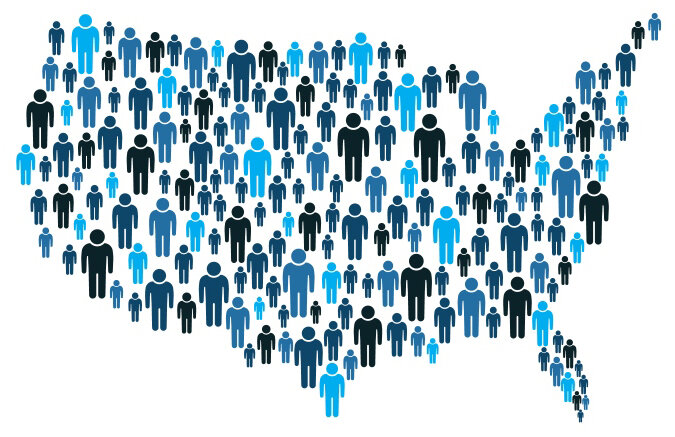The Census is Important and Everyone Counts
National Census Day will be on April 1, 2020. It will be the 24th Census in the United States. The U.S. government is required by law to count the number of people living in the country every 10 years. Households will have the option of responding to the Census online, by mail, or by phone, with the exception of a small percentage of households in remote areas of the country that will be visited by a Census taker to collect information.
There will be no citizenship question in the 2020 Census form. The proposed addition of a citizenship question to the 2020 Census form by the Trump administration has raised concerns from immigrant rights groups and Democratic lawmakers and stoked fear among the country’s undocumented population. A citizenship question in the 2020 Census form would have discouraged a significant amount of the population from filling out the form that would have had a negative impact on minority populations leading to a loss of representation and federal funding. But as of July 2, 2019, the citizenship question in the 2020 Census will no longer be included after three federal judges permanently blocked the trump administration from asking the citizenship status of every person living in the country.
It is important for the entire population of the country, regardless of citizenship or immigration status, to be counted.
An accurate Census count is crucial in order to benefit our community. Here are some examples of how:
Funding: The Census is used by decision-makers to determine which communities, schools, hospitals, and roads need funding. The federal government uses Census numbers to allocate more than $675 billion in federal funds annually for community programs and services, such as education programs, new school construction, libraries, housing and community development, health care services for the elderly, job training, highway safety and public transportation systems, new roads and bridges, location of police and fire departments, and many other projects.
Community Action and Development: Community organizations use Census information to develop social service programs and community action projects.
Businesses use Census information to decide where to locate factories, shopping centers, movie theaters, banks, and offices. This also often leads to new jobs.
Governance, Law, and Representation: The U.S. Congress uses the Census to determine how many seats a state will have in the U.S. House of Representatives. In addition, states use the Census to allocate seats in their law-making bodies.
Population Size and Congestion: The Census information helps communities work out strategies to deal with traffic congestion or overcrowded schools. Nonprofit organizations use the Census to estimate the number of potential volunteers in communities across the nation
Health, Emergencies, and Disaster Relief: Many 911 emergency systems are based on maps developed for the last Census. Census information helps health providers predict the spread of diseases through communities with children or elderly people. When disasters hit, the Census tells rescuers how many people will need their help.
Market and Finance: Census numbers help industry reduce financial risk and locate potential markets. This means that businesses can determine the marketability of potential products.
Ancestry and Benefits: The Census helps with genealogy research. You can request a certificate from past Censuses that can be used to establish your age, residence or relationship. This information could qualify you for a pension, establish citizenship or obtain an inheritance.

